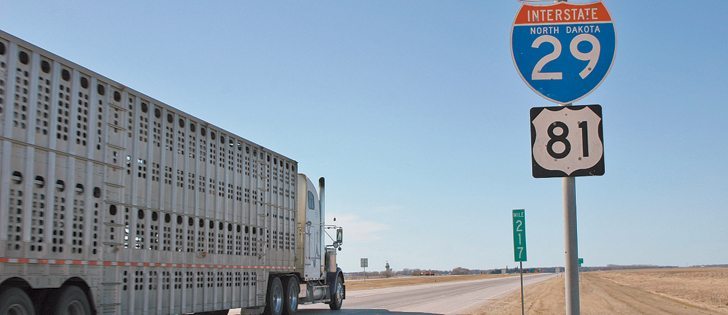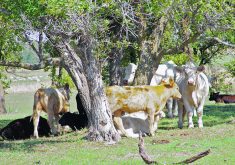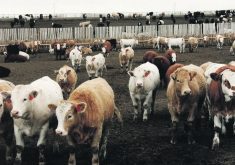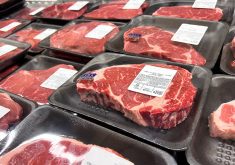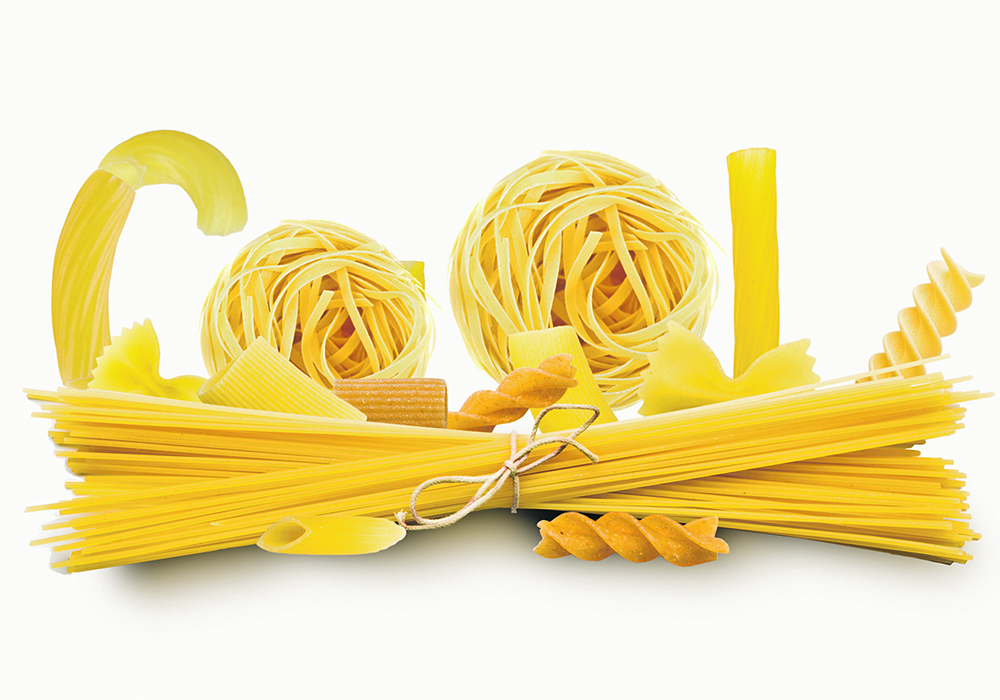Agriculture minister Gerry Ritz took his crusade against U.S. country-of-origin labelling rules to Washington and Mexico City last week, vowing sharp retaliation if they are not changed.
He told reporters that he used an April 9 meeting with U.S. agriculture secretary Tom Vilsack to argue that proposed amendments to COOL in reaction to a World Trade Organization ruling actually make it worse.
He made the same argument to members of Congress and the Senate who deal with agricultural issues.
In response to a challenge from Canada and Mexico, a WTO panel determined that the rules were disguised protectionism that violate U.S. obligations under trade agreements.
Read Also

Alberta crop diversification centres receive funding
$5.2 million of provincial funding pumped into crop diversity research centres
The requirement that products be labelled if they contain meat from animals originating in Canada led to a sharp drop in export of feeder and slaughter cattle and slaughter hogs to U.S. feedlots and slaughter plants.
WTO rules allow Canadian retaliation if the U.S. does not make acceptable changes by May 23, although tariffs likely would not be applied for a year or more to allow WTO appeals to run their course.
“Our industry, the beef and pork sector, have identified some $1 billion a year that has gone missing from their bottom line since the country-of-origin labelling has been made mandatory in 2008,” Ritz said.
If the Americans do not move, “I’m here to tell you, as a country we are more than prepared to apply retaliatory measures to recoup that billion dollars.”
He said tariffs could go beyond beef and pork imports from the United States.
In Mexico, agriculture minister Enrique Martinez y Martinez told Ritz that he continues to work with Canada in opposing COOL and planning retaliation.
“Both our countries challenged COOL before the WTO and we will continue to work collaboratively together on COOL every step of the way,” Ritz told a telephone news conference April 11.
“We also exchanged our strategies on moving forward if the United States does not comply with its WTO obligations by May 23.”
However, Ritz said after the lobbying trip that he did not see any indication Washington is prepared to move in the next five weeks.
“I did not get a warm, fuzzy feeling on movement forward,” he said. “They are stuck in the situation that they have made for themselves. At the end of the day, we’re certainly here to help them pass that political hurdle and if it takes retaliatory actions to make that happen, so be it.”
Representatives of the Canadian Cattlemen’s Association were in Washington to support Ritz, meeting with U.S. cattle and beef industry representatives also opposed to COOL.
Late in the week, both the CCA and the Canadian Pork Council filed formal briefs in Washington objecting that the earlier rule changes will make access to the U.S. more difficult rather than less.
Ritz said the Canadian and American cattle industries are important allies.
“We’re hopeful that the pressure being brought to bear by both Canadian industry, the Canadian government and of course, American industry and even the retail sector in the U.S., will start to convince them that this is wrong-headed action, that they must expand their thought process to really identify and address the spirit and the ruling of the WTO panel.”

